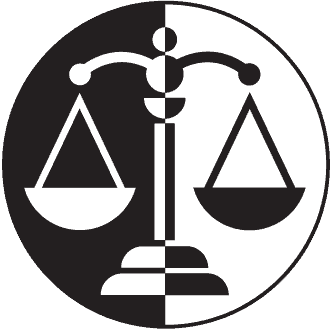What is domestic violence in North Carolina?
The North Carolina General Assembly defines domestic violence an action upon another party or minor living with or in the custody of the person with whom the aggrieved party has or has has had a personal relationship. This includes attempting to cause bodily injury, or intentionally causing bodily injury. It also includes placing the distressed party’s family or home of serious injury or harassment that leads to severe emotional distress or committing any act defined under NCGS 14-277.3A to 14-7.7.
What is a “Personal Relationship?”
The personal relationship in this statue refers to a relationship in which the parties are married or were married, members of the opposite sex who live together or have lived together at some point. It can also refer to parents in relation to their child or those acting as the child’s guardian. Under NCGS 50B, the distressed party is not allowed to get an order of protection against a child they are related to whom is under 16 years old. NCGS 50 B, which covers the domestic abuse statute in North Carolina, also does not permit an aggrieved party of domestic abuse to get an order or protection against someone they have a child with, live or used to live with, or someone they are dating or used to date. This does not relate to business relations and friends on a platonic level.
Filing a Complaint.
Victims of abuse can file a complaint for a Domestic Violence Protective Order so long as its in accordance with Chapter 50 B. Victims can obtain a 50 B, DVPO if you have or have had a personal relationship with the abuser, lived with them, related to them, or any other circumstance explained sited above. In North Carolina, the domestic violence protective order statues are often referred as DVPO, 50B, or a restraining order.
Domestic violence victims in North Carolina who are filing a DVPO must prove that the abuser attempted to cause injury or distress the victim or his or her family member as described in the statute. A 50B protective order may direct the alleged abuser to stay away from the victim and not allow the abuser to threaten the victim or his/her family members.
Domestic violence victims can sometimes find other services through an order of protection in North Carolina. In some cases it can enable the alleged abuser to pay monetary relief. For example, an abuser may be required to pay their portion of child support and face eviction. Since such dire consequences are possible, it is especially important for the victim to make sure they talk to the right attorneys in North Carolina to make sure they have a case a domestic violence case to present.
____________________
Raleigh divorce attorney Scott Allen handles domestic violence cases has over twenty eight years of experience.
If you have questions or need assistance call him at (919) 863-4183 or email at sallen@allenspence.com.

